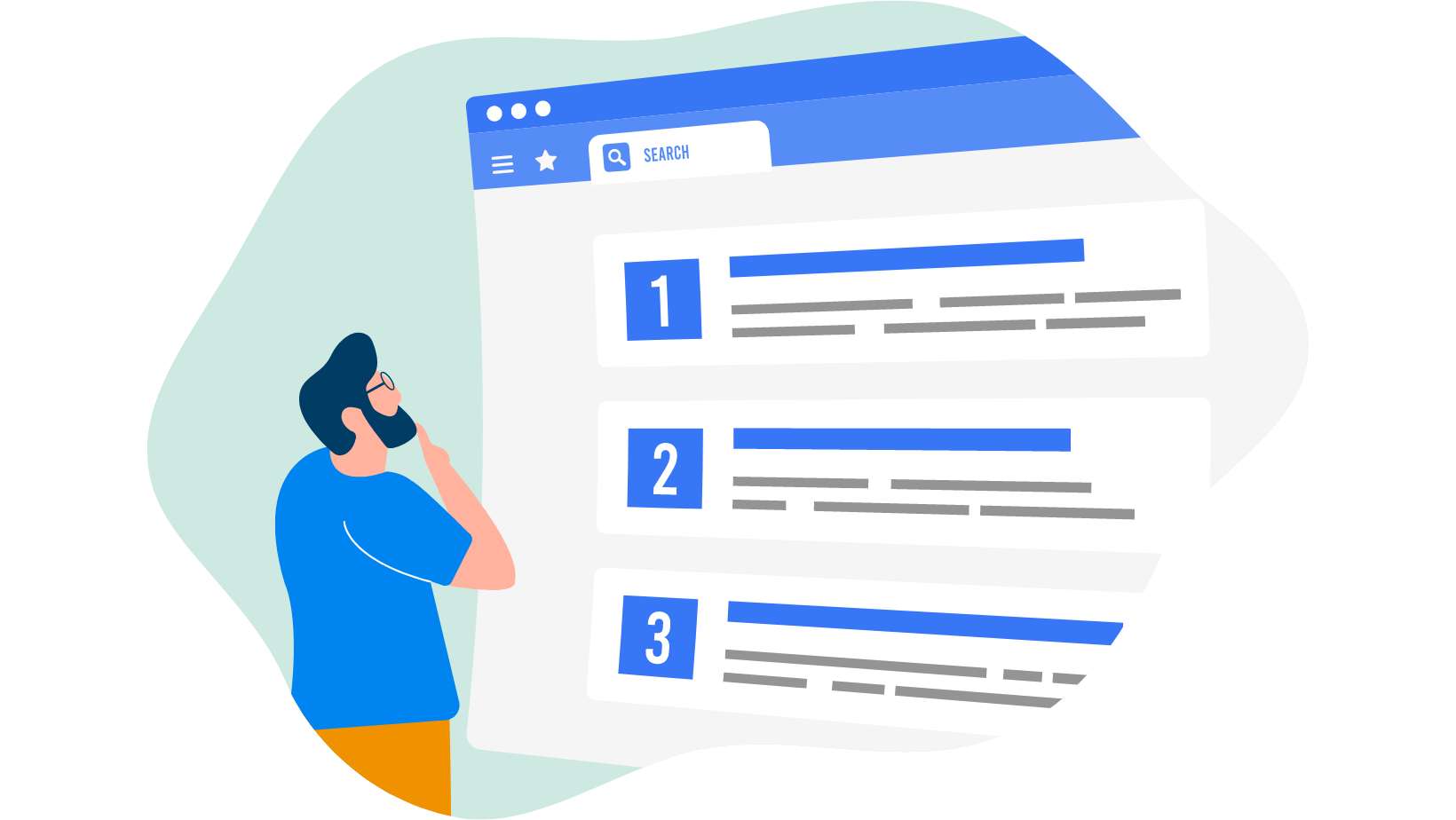Tracking keyword rankings is one of the most valuable tools for SEO. It reveals what SEO techniques are working (and not), provides more context for diagnosing ranking drops, and improves your understanding of your market and competitors.
Ways to Boost SEO Strategy With Keyword Rank Tracker
Ranking positions are frequently changing, which makes keyword tracking an ongoing practice. Here’s how to use it correctly to boost your SEO strategy:
1. Analyze Your Rankings
Using a keyword rank tracker will allow you to compare your keyword rankings over time and find valuable insights. This is especially important when making changes to your site, as you’ll be able to see the impact of those changes on your visibility.
Tracking your keyword’s performance over time also allows you to identify trends and fluctuations. By making data-driven decisions, you can improve your visibility.
It’s important to check your rankings regularly and set alerts that notify you of drastic changes in your visibility. This will allow you to quickly respond to any shifts in visibility and ensure that search engines are still finding your page. Ideally, you should check your rankings at least once weekly and once daily if you are an e-commerce brand. This will give you the best insight into your keywords’ performance and where you risk losing visibility.
2. Review Your Keywords
A clear understanding of the keywords driving traffic to your website is one of the most critical aspects of your SEO strategy. A keyword rank tracker lets you take a closer look at your keywords and identify the most important ones for you.
For example, if your local bakery is a major source of business for your company, then it’s essential to monitor the ranking results for “homemade Japanese crepes.” It’s also a good idea to keep an eye on competitor keywords to see how well you’re doing at stealing traffic away from them.
With a rank tracker, you can also identify new keywords and see how they trend. This will allow you to optimize your website and web pages for those keywords before they become more competitive. This is especially important for capturing featured snippet opportunities.
3. Identify Keyword Opportunities
A keyword rank tracker can provide valuable insight into the keywords that can drive traffic to your site. This information can help you determine the best SEO strategy moving forward.
A good keyword ranking tracker can also identify opportunities for your content to be featured in SERP features, such as image carousels, rich results, and knowledge panels. It can also give you insights into your competitor’s ranking strategies by identifying the keywords they are targeting and how well they’re doing.
The best keyword research tools offer various SEO options to suit your needs, from the number of rankings you want to monitor to how often you want the data updated. Most provide weekly, every three days, or daily ranking updates so that you always have the latest insights. Some even allow you to customize the location, search engine optimization, device, and keyword combinations you want to track.
4. Make Changes
It’s important to note that although keyword rankings are an important metric for any SEO campaign, they shouldn’t be the sole focus of your search optimization efforts. It’s best to track various KPIs to understand your overall search visibility better and identify necessary changes.
For example, if your website’s current ranking position for the keyword “laptop” is too low, it’s time to make some adjustments. This could involve updating your web pages, optimizing images and content, or other SEO tactics.
Final Words
Using a keyword rank tracker lets you easily discover the keywords generating traffic and what search engine optimization tactics are working and which aren’t. This information can help you fine-tune your SEO strategy and see more meaningful results.
See Also: Search Engine Marketing (SEM): Drive Results with Proven Strategies










